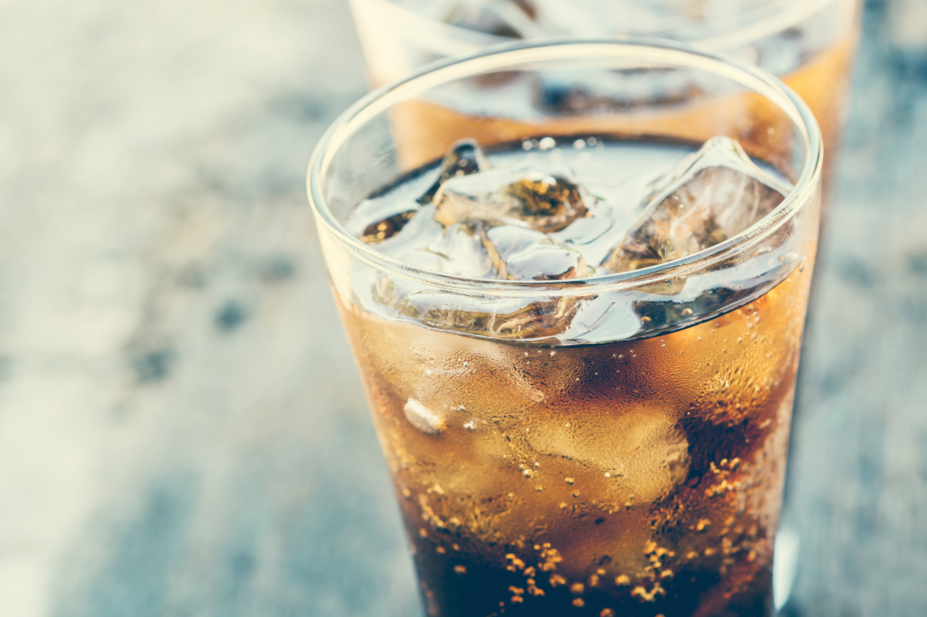
Shutterstock.com
Community pharmacies have been asked to cut back on the number of sugary drinks they sell as part of the new contract framework for the sector.
The contract, published on 22 July 2019, sets out a rebranded Quality Payments Scheme (QPS), now called the Pharmacy Quality Scheme (PQS), under which pharmacists can access a total of £75m per year over the next five years.
To access the funds, the contract lists 26 requirements pharmacies will be expected to meet.
This includes reducing “the volume in litres” of sugary drinks they sell to 10% or less of all beverages sold.
“The pharmacy must have either achieved this by the review point or declare that they will be meeting this by 31 March 2020,” the contract says.
NHS England has been asking NHS trusts and retailers on NHS premises to voluntarily reduce the proportion of sugary drinks sold on-site to 10% or less of the total volume of drink sales since July 2017, with the proportion falling from 16% to 9% by March 2018.
Sugar-sweetened drinks are defined by NHS England as those that contain added sugars with a total sugar content of 5g or more per 100mL.
A spokesperson for Boots said the multiple “is already well below this new criteria”, with sugar-sweetened beverages making up “5.5% of the overall drinks volume sold in Boots stores”.
“Our recent Covent Garden store is trialling a new food offer from Boots which sees no sugar-taxable drinks and a drastically reduced range of high-sugar snacks sold as part of the Boots Meal Deal, and a refillable water station to encourage hydration and help reduce plastic waste,” they added.
Under the new PQS, pharmacies will also receive incentive funding to engage with local primary care networks, “recognising the effort required from community pharmacy”, as well as completing training on look-alike, sound-alike medication errors and sepsis.
In an effort “to support delivery [of PQS]” in 2020/2021, the contract also set out upcoming requirements, including “the completion of suicide prevention training by pharmacy staff and audits focused on inhaler technique and anticoagulation,” further details of which “will be published in due course”.
Current quality payment requirements such as using NHSmail, accessing the NHS Summary Care Record and improving community pharmacy profiles for the NHS 111 Directory of Services “will become essential terms of service for community pharmacy contractors” from April 2020, the contract said, adding that under the updated terms of service all pharmacies will also be required to process electronic prescriptions.


